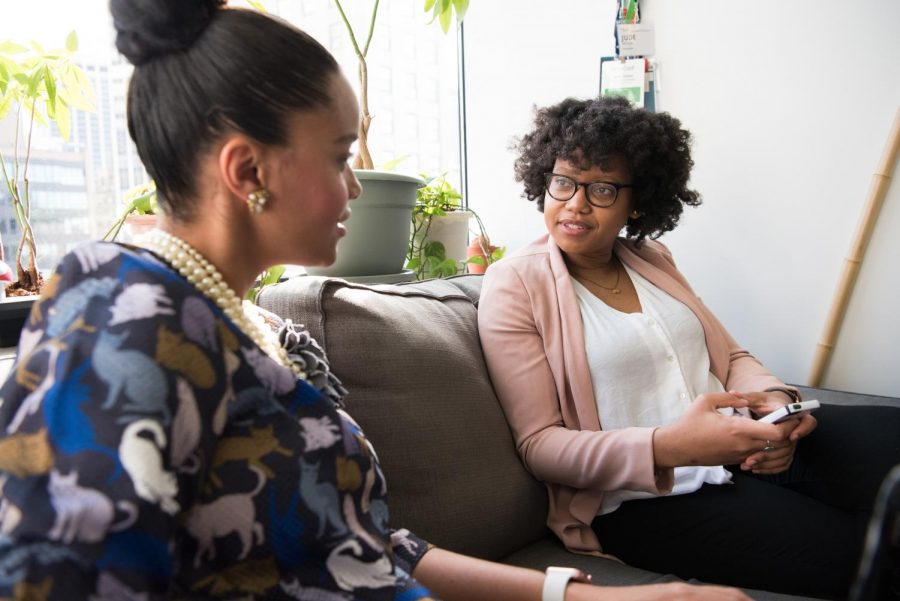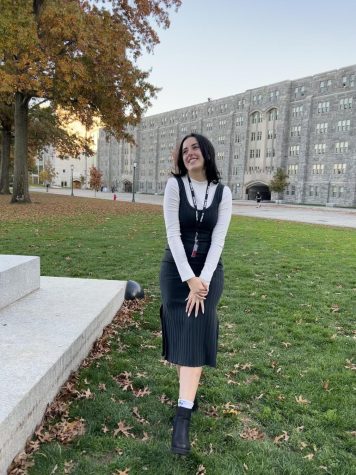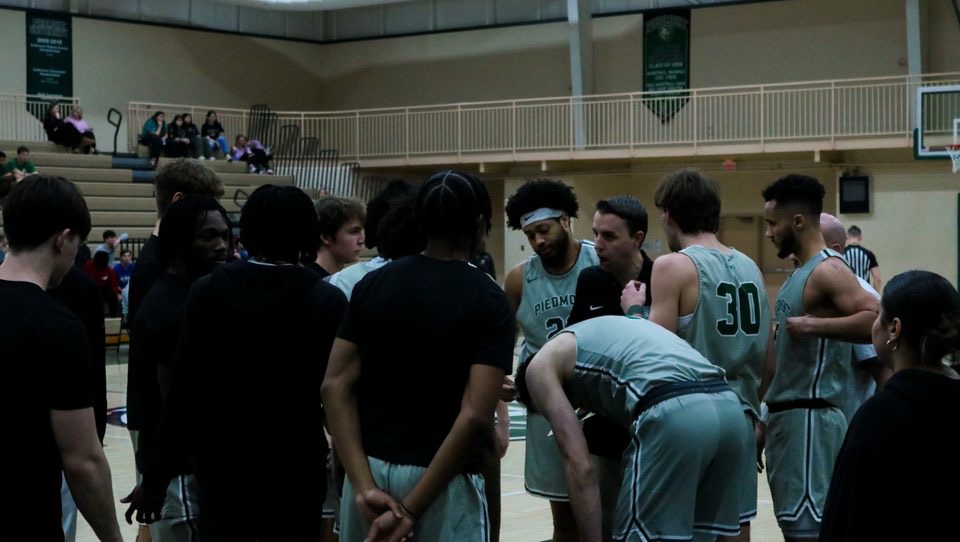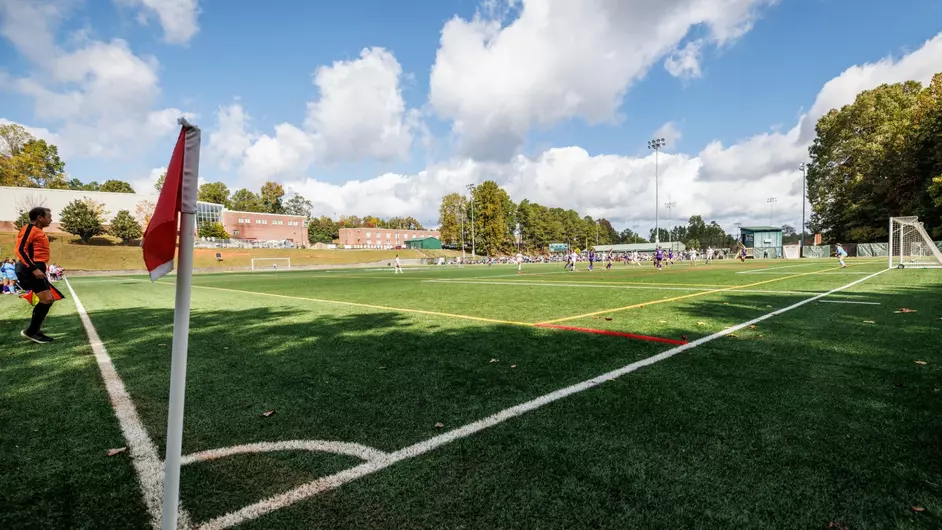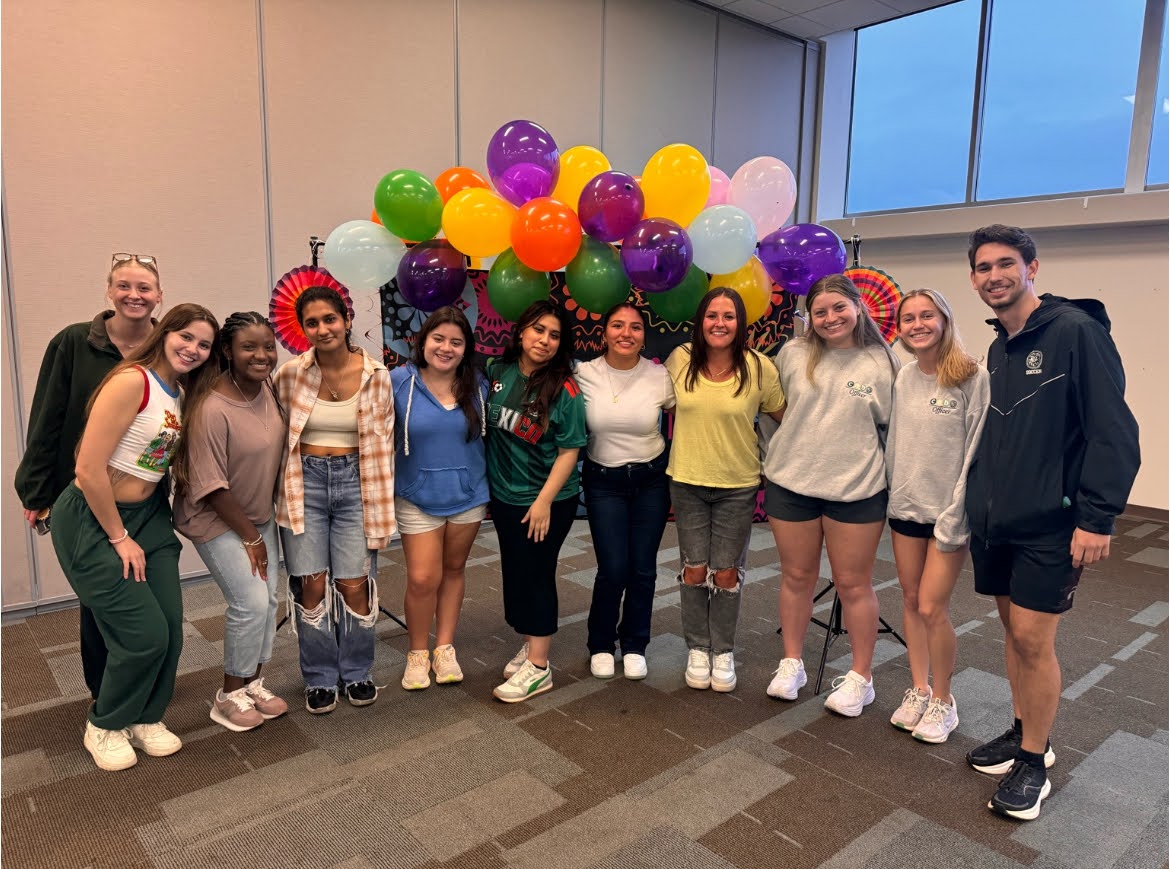Piedmont College Counseling Should Not be a One-Woman Job
Despite the addition of online counseling, Piedmont College is severely lacking in counseling services. // Photo by Christina on Unsplash.
February 20, 2021
When counselor Evonne Jones left the Piedmont community a year ago, it sent shock waves through the college. Jones, who had been with Piedmont for five years, is now the program manager at the Turner Center. The school now has a hole in the counseling department since Gayle Robbins is the sole counselor available to students.
In the 2019-20 school year, Piedmont College reported that there were 2,571 students enrolled at the college. As a school that boasts about their student-to-teacher ratio, shouldn’t that same sentiment be extended to counseling services?
The American School Counselors Association recommends that for every 250 students, there should be one counselor on campus. Based on that ratio, Piedmont should have at least 10 counselors on campus. After Jones’ departure, there is only one counselor available for students to meet with in person, making the ratio 2,571 to one.
We, as the student body, should all have equal access to counseling services on campus. Students should not have to prioritize whether they believe that their mental health disability is more or less important than others. All mental health issues are valid, and although some are more severe than others, students should not have to downplay their issues because the college is not equipped with the tools to help each and every one of their students.
According to Niche’s analysis of demographics at Piedmont, 43% of students are non-white. The U.S. Surgeon General’s Report on Mental Health, Culture, Race and Ethnicity reports that “racial and ethnic minority persons” are being ineffectively served by mental health professionals. Because Piedmont only has the one counselor, minorities on campus are doubly being underserved.
Cultures are different. A white person will never understand what it means to be black. A black person will never understand what it means to be Asian. The list goes on and on, but the underlying message is that unless you are of a certain race or ethnicity, you will never understand what it is like to live in the skin of another race. This is not to discredit white counselors, but if a student of color approaches a counselor with a race-related issue, a white counselor will not be fully equipped to help the situation.
In order for Piedmont to be fully equipped to handle issues students may face, they need to hire more counselors and ensure that they are diverse. Studies have shown that clients have different preferences with self-disclosure when their counselor is of a different ethnicity. Why is Piedmont asking one woman to take on the responsibility of having some of the most difficult conversations with students that she cannot fully relate to?


